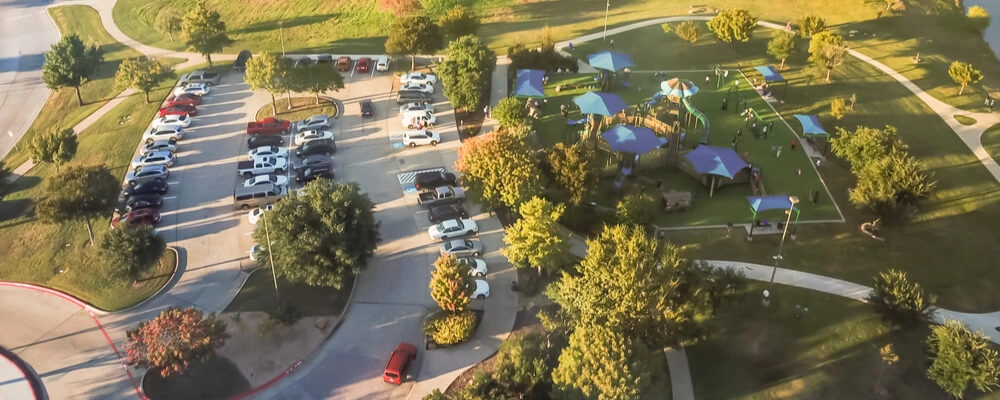Concerned about immigration issues following President Donald Trump's re-election? Click Here

Living in the U.S. is a dream for many people in other countries. The United States provides people with a safe environment where their families will be free from persecution or violence, and it offers a multitude of employment opportunities that will allow a person to support themselves and their loved ones. However, the process of immigrating to the United States can be complicated, and even if a person is planning to visit the U.S. temporarily or stay for a short period of time, they will need to submit multiple forms and documents and follow a variety of steps. The law firm of John W. Lawit, LLC provides legal help in these cases, and we work with clients in Carrollton, Texas to address issues that affect them and ensure that they meet their requirements throughout every stage of the immigration process.
Those who are looking to establish permanent residence in the United States may be able to do so by receiving sponsorship from a family member. In these cases, both the immigrant and the sponsor will need to submit certain forms and documents, and the sponsor will be required to make a commitment to provide financial support for all family members who will be entering and living in the United States. A U.S. citizen may sponsor close family members (their spouse, parents, or unmarried minor children) for immediate relative visas. Other family members of U.S. citizens or immediate relatives of lawful permanent residents may apply for family preference visas. A U.S. citizen may also apply for a fiancé visa that will allow their spouse to become a conditional permanent resident after the couple gets married.
When a person receives an immigrant visa through family-based immigration, they will usually be able to qualify for a green card, which will give them the right to live in the United States permanently. In some cases, people who are already living in the U.S. and who qualify for an immigrant visa through sponsorship by a family member may be able to apply for adjustment of status and become lawful permanent residents.
Foreign citizens may be able to receive authorization to enter the U.S. as immigrants and become lawful permanent residents through sponsorship from an employer. Limited numbers of employment-based visas are available, and people who have extraordinary abilities in certain areas will be given first preference. Visas may also be available for some immigrants who are considered to be skilled or unskilled workers.
Employers may also provide sponsorship for certain types of non-immigrant visas that will allow a person to enter, live, and work in the U.S. for a limited time. Investor visas may be available for immigrants who wish to invest in U.S. businesses or people who will be visiting the United States temporarily while making investments. Other non-immigrant visas include student visas and tourist or visitor visas.
For undocumented immigrants, people who have stayed in the U.S. after the expiration of a temporary visa, people who have been convicted of crimes, or those who have committed other violations of immigration laws, the possibility of deportation is a significant concern. Some immigrants may be detained by Customs and Border Patrol (CBP) or Immigration and Customs Enforcement (ICE) officers, and they may be concerned that they will be required to leave the United States. In these situations, immigrants will need to understand their options for removal defense.
There are a variety of possible defenses against deportation, and certain types of immigrants may qualify for humanitarian relief. Victims of crimes may be able to receive U visas, and victims of domestic violence or abuse may petition for protection through the Violence Against Women Act (VAWA). Immigrants who fear for their safety may apply for asylum and receive protection against possible persecution, or they may qualify for temporary protected status based on conditions in their home country. Immigrants who came to the U.S. as children may be able to participate in the DACA program, which will provide them with temporary protection against removal. In cases where a person is found to be inadmissible to the United States, waivers of inadmissibility may be available.
Addressing the legal issues involved in the immigration process can be confusing, and immigrants and their family members can make sure they are taking the correct steps by working with an experienced attorney. To learn how we can help with immigration-related matters, contact our office at 214-609-2242.